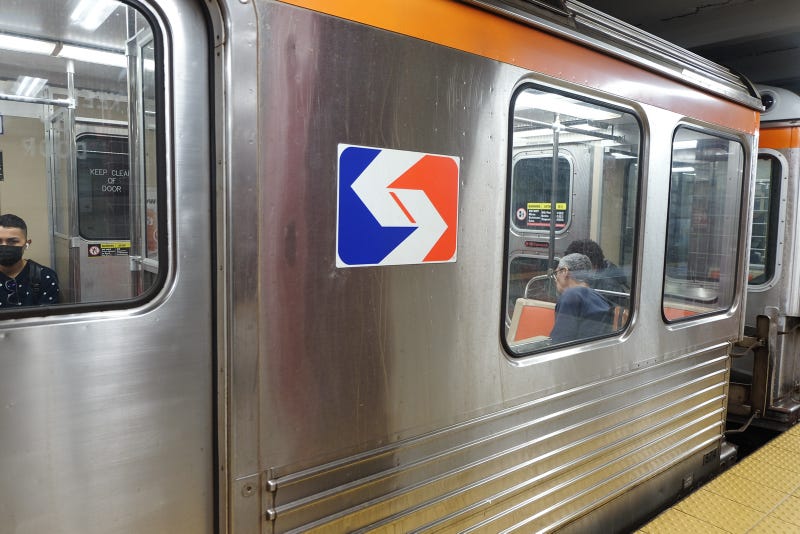
PHILADELPHIA (KYW Newsradio) — Amid concerns over public safety and an impending financial crisis, SEPTA and the largest union representing its workers began negotiations toward a new labor contract on Thursday — three and a half months before the Oct. 31 expiration of the union’s two-year deal.
Related
The transit agency and Transport Workers Union Local 234, representing 5,000 city transit operators and maintenance workers, exchanged opening proposals.
“We’re negotiating for the survival of the system,” said Local 234 President Brian Pollitt. "Our main objective in these negotiations is to talk about retention, recruitment, doing something about the safety and security of our system.”
The stakes for this contract are high, Pollitt said, citing lagging ridership following the COVID-19 pandemic, homeless people seeking shelter in SEPTA properties, and people with substance abuse disorders causing disruptions for passengers and union members.
"There are major issues in regards to the safety and security — not only of my members, who are of paramount importance to me — but the riding public," Pollitt said.
He said the union would push for more police officers on SEPTA. “We’re short Philly PD, we’re short Transit PD, and there’s no deterrent,” he said.
SEPTA spokesman Andrew Busch pointed out that the transit agency just added 21 new officers, and 18 more are entering the training academy, saying, “We do think that there certainly is common ground and interest between SEPTA management and the union in making sure that we continue to make progress on safety and security.”
Improving safety will help to attract and retain workers — and bring back riders, Pollitt said. Ridership is currently at only 47% of pre-COVID levels.
SEPTA enters the negotiations at a critical time. The transit agency will face a $240 million shortfall when federal COVID aid runs out next year, said Busch.
“We have to make sure that anything we’re working on in terms of a contract recognizes where we’re at with the fiscal cliff and our general financial constraints,” he said.
Pollitt, though, said he would seek salary increases for his members. After all, he said, SEPTA this year found the money to give CEO Leslie Richards a substantial pay increase, raising her salary to $425,000.
“In one breath you can’t talk about a fiscal cliff and you give this one woman a 21% wage increase,” Pollitt said.


